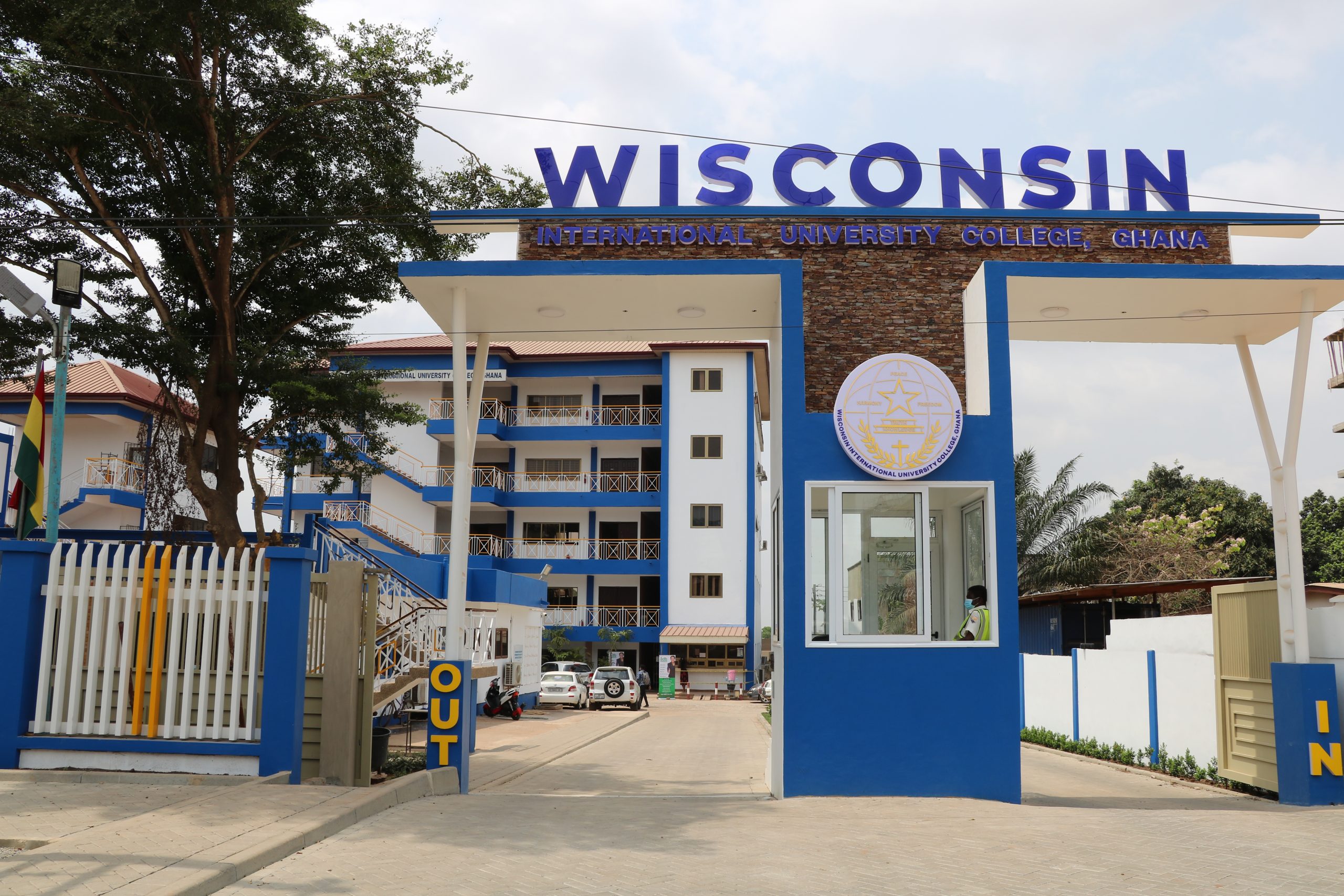Background Information
Aim
The aim of the MSc in IT program is to equip students with advanced knowledge and skills in various areas of information technology. It focuses on providing a comprehensive understanding of IT principles, methodologies, and technologies, and aims to develop students’ expertise in specialized IT domains such web technologies, mobile computing, Machine learning, Human computer interaction, data management, cyber security and cloud computing etc., Additionally, the course will provide students with the core knowledge and skills required to work within the IT industry, using software development tools and techniques to extend and enhance the knowledge and skills of non-computing graduates. Again, the content is complemented by practical work undertaken in state-of-the-art facilities, using tools and techniques to allow you to match software solutions to the needs of businesses. This practical element will increase your theoretical understanding by developing real-world problem-solving skills, enhancing your employability as a graduate.
Objectives
The objectives of the programme are to:
- to enhance students’ technical competencies in areas such as programming, database management, networking, cybersecurity, cloud computing and data analytics.
- to equip students with the skills needed to design, develop, and manage IT systems and solutions.
- to help students develop analytical and critical thinking abilities, this will enable them to analyze complex problems, identify patterns, and develop innovative solutions using appropriate IT methodologies and tools.
- to help students to demonstrable ability to provide IT solutions to holistic business problems.
- to help students to demonstrable understanding of IT professional ethics and digital globalization management.
- to foster a research-oriented mindset among students.
- produce high caliber of graduates with professional skills in the development of educational software, employ technology-oriented pedagogy for teaching and learning
- develop student’s technical competency in systems deployment and management
Entry Requirements
Applicants for the MSc IT programme are expected to have met the following prerequisites:
- A good first degree, preferably second class lower or better, in a relevant field of study from any recognized/accredited University. Applicants with third class may be considered for admission to the programme if the applicant has at least two years of work experience and other qualification related to the field of study.
- The applicant’s undergraduate field of study should be in Computer Science, Information Technology, Information Security, or any other relevant quantitative discipline such as Mathematics, Statistics, Physics, Natural Science, Electronic Engineering, General Engineering, or a related field.
- Candidates must demonstrate a solid background to conduct independent academic research.
A complete application pack must include:
- A completed Wisconsin International University College postgraduate application form;
- Official transcripts of the applicant’s previous academic record at the university level;
- A full curriculum vitae
Target Market and Employability
The MSc in IT programme is designed for all Information Technology and Computer Science professionals. Additionally, security managers, security researchers, cybersecurity analysts, database security managers, information systems security managers, IT security consultants, systems security managers, project security managers, researchers in applied cryptography, penetration testers (ethical hacker), vulnerability assessor, computer forensics analyst, anti-piracy/content protection analyst; etc. can access the programme.
Course List
Core
- Research Methods and Professional Practice
- Advanced Programming Concepts with Java
- Computer Networking Theory, Technologies & Protocols
- Artificial Intelligence and Machine Learning
- Operating Systems Theory and Applications
- Advanced Computer Networks
- Management Information Systems
- Data Structures and Complexities of Algorithms
- Seminar
Electives
- Advanced Database Management Systems
- Computer Systems & Architecture
- Ethical Hacking, Data Recovery and Penetration Testing
- Cyber Security & Forensics
- Multimedia Systems and Image Processing
- Advanced Software and Engineering

